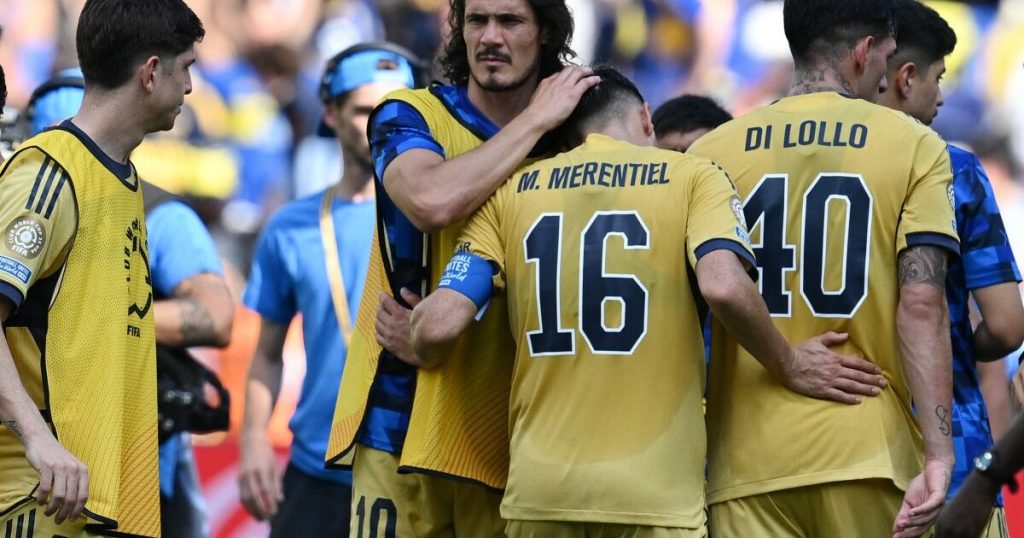The semi-professional football club, Auckland City, etched their name in football history with a remarkable 1-1 draw against Argentinian giants Boca Juniors at the Club World Cup. Entering the match as massive underdogs, having suffered crushing defeats in their previous two games, the New Zealanders, composed primarily of players with day jobs, displayed incredible resilience and tactical discipline against a team steeped in footballing pedigree. Despite Boca Juniors’ relentless attacks and a staggering 40 shots on goal, Auckland City’s resolute defense, combined with inspired goalkeeping from Nathan Garrow, held firm, securing a historic point and earning global admiration.
The match began with Boca Juniors, harboring hopes of progressing in the tournament, dominating possession and creating several scoring opportunities. Auckland City, employing a defensive strategy with five players at the back, absorbed the pressure, forcing Boca Juniors to rely on long-range efforts and set pieces. An unfortunate own goal by goalkeeper Garrow, deflecting a header off the post into his own net, gave Boca Juniors the lead midway through the first half. Undeterred, Auckland City continued to frustrate their opponents, limiting their clear-cut chances and maintaining their defensive shape.
Against the run of play, Auckland City found their equalizer early in the second half. Capitalizing on a corner kick, defender Christian Gray, a school teacher in his everyday life, rose above the Boca Juniors defense to head home a historic goal, sending the Auckland City contingent into raptures. The match was momentarily suspended due to a weather warning, a recurring theme throughout the tournament, providing a brief respite for both teams. By the time the match resumed, news had filtered through of Benfica’s victory over Bayern Munich, effectively ending Boca Juniors’ chances of advancing, even with a win.
Despite the diminished stakes, Boca Juniors continued to press forward, desperate to avoid the ignominy of a draw against an amateur side. However, Auckland City’s defense, marshalled by the ever-impressive Garrow, who redeemed himself for the earlier own goal with a string of crucial saves, remained impenetrable. Garrow’s heroics, combined with the unwavering commitment of his teammates, thwarted Boca Juniors’ relentless attacks, preserving the historic 1-1 scoreline.
The final whistle sparked scenes of jubilation among the Auckland City players and staff, a testament to their remarkable achievement. For a team comprised of amateurs, juggling their footballing passion with demanding careers, the draw against a club of Boca Juniors’ stature represented a monumental achievement. Christian Gray, the unlikely goalscoring hero, epitomized the spirit of the team, reflecting on the long journey and the sacrifices made by the players and staff to reach this point. The draw resonated not only within the Auckland City camp but also with football fans worldwide, capturing the essence of the beautiful game and the power of underdog stories.
Auckland City’s performance in the Club World Cup transcended the mere result on the pitch. Their resilient displays, unwavering spirit, and commitment to their craft, despite the significant gulf in resources and experience, served as an inspiration to aspiring footballers and fans alike. The draw against Boca Juniors, a club with a rich history and a global following, provided a compelling narrative of David versus Goliath, showcasing the unifying power of football and its ability to bridge divides. Auckland City’s journey at the tournament, culminating in this historic draw, will be remembered as a testament to their dedication, resilience, and the enduring magic of the beautiful game.


